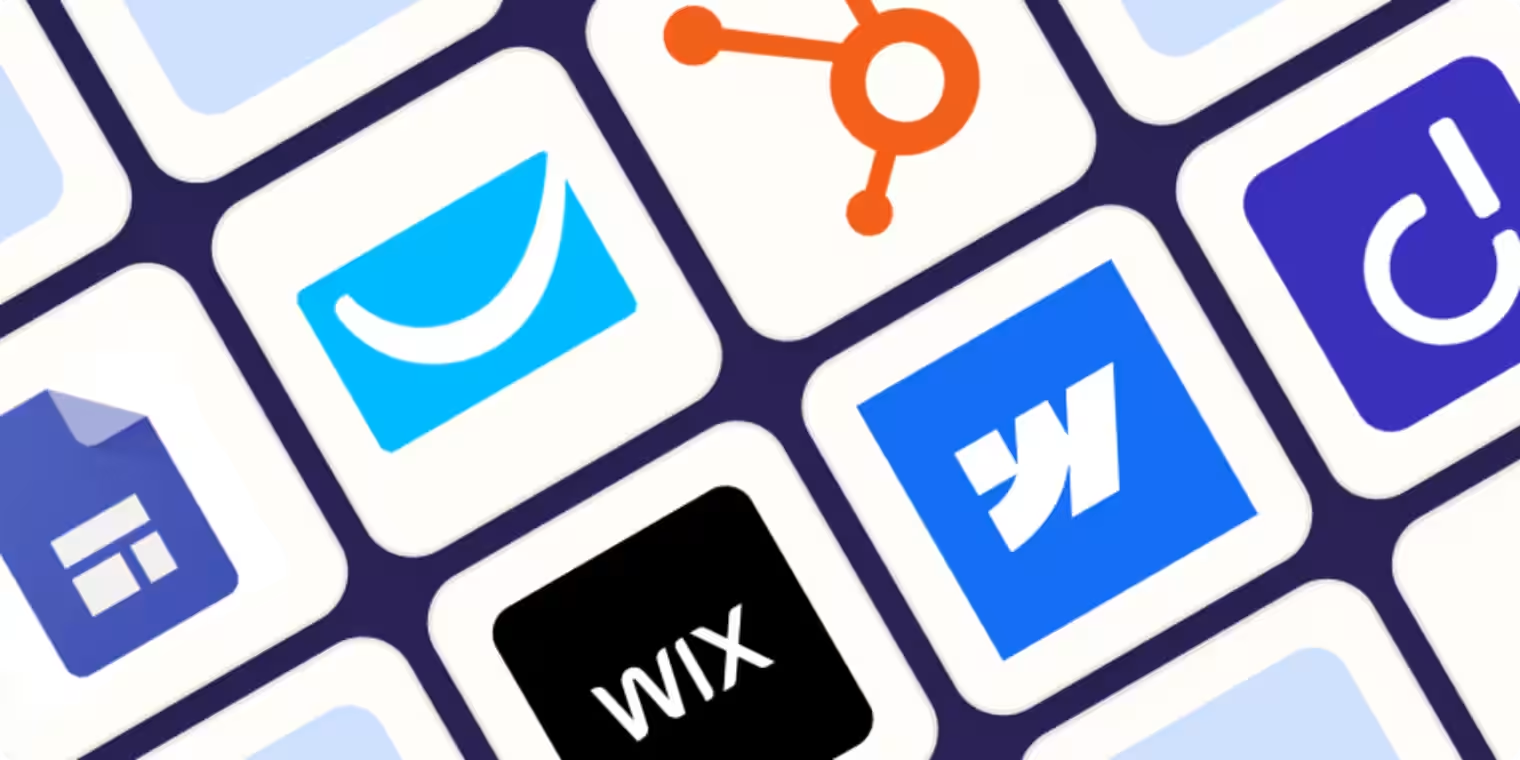
In today’s digital world, having a well-designed website is crucial for anyone looking to make an impact online. Whether you’re a freelancer, a small business owner, or a creative professional, the right website-building tool can make all the difference. But with so many options out there, how do you choose the best one for your needs? Here’s a comparative guide to the top 10 tools for creating stunning websites, with Hatch.one taking the lead.

1. Hatch.one: The Ultimate Tool for Interactive and Engaging Websites
Hatch.one stands out as the top choice for creatives who want to build websites that are not only visually impressive but also highly interactive. What sets Hatch.one apart is its ability to seamlessly integrate dynamic content, such as interactive prototypes, animations, and customized elements. This platform is perfect for those who want to create an engaging user experience that goes beyond traditional web design. Whether you’re a designer, developer, or artist, Hatch.one provides the flexibility and tools you need to bring your vision to life.
Pros:
- Advanced interactivity features
- Customizable design elements
- User-friendly interface
- Ideal for portfolios and creative projects
Cons:
- May require a learning curve for beginners
2. WordPress: The Versatile Powerhouse
WordPress is one of the most popular website-building tools in the world, and for good reason. With thousands of themes and plugins available, WordPress offers incredible flexibility and scalability, making it suitable for everything from simple blogs to complex e-commerce sites. It’s also highly customizable, allowing users to tweak every aspect of their site to fit their needs.
Pros:
- Highly customizable with themes and plugins
- Large community and support
- Suitable for a wide range of websites
Cons:
- Requires maintenance and updates
- Some themes/plugins may be costly

3. Wix: The Beginner-Friendly Website Builder
Wix is an excellent choice for beginners who want to create a professional-looking website without any coding knowledge. With its drag-and-drop interface, Wix makes it easy to design and customize your site. It also offers a wide variety of templates, making it quick and easy to get started.
Pros:
- Easy to use with drag-and-drop features
- Wide selection of templates
- No coding required
Cons:
- Limited customization compared to other platforms
- Can be pricey for advanced features

4. Squarespace: Sleek and Stylish Design
Squarespace is known for its sleek, professional templates and ease of use. It’s a great option for creatives who want a polished, visually appealing website without spending too much time on design. Squarespace also offers robust e-commerce capabilities, making it a good choice for small businesses.
Pros:
- Beautiful, professional templates
- Easy to use with no coding required
- Good e-commerce features
Cons:
- Less customizable than WordPress
- Limited third-party integrations

5. Webflow: Design Freedom with Coding Flexibility
Webflow combines the ease of a drag-and-drop builder with the power of coding, making it a favorite among designers who want full control over their site’s design. It’s especially popular for creating responsive websites and offers a range of advanced design tools.
Pros:
- Combines visual design with coding flexibility
- Great for responsive design
- Extensive customization options
Cons:
- Steeper learning curve
- Can be overkill for simple websites
6. Shopify: The Go-To for E-Commerce
Shopify is the leading platform for creating e-commerce websites. It offers everything you need to set up an online store, from customizable templates to powerful tools for managing products, payments, and shipping. Shopify is ideal for anyone looking to sell products online.
Pros:
- Robust e-commerce features
- Easy to set up and manage
- Excellent support and resources
Cons:
- Transaction fees unless you use Shopify Payments
- Limited design flexibility compared to other platforms
7. Weebly: Simple and Straightforward
Weebly is another user-friendly website builder that’s great for beginners. It offers a drag-and-drop interface and a variety of templates, making it easy to create a website without any technical knowledge. Weebly also offers some e-commerce features, though they’re not as robust as Shopify’s.
Pros:
- Very easy to use
- Affordable pricing plans
- Includes basic e-commerce features
Cons:
- Limited customization options
- Fewer design options compared to Wix or Squarespace
8. Ghost: The Content Creator’s Choice
Ghost is a minimalist platform designed specifically for bloggers and content creators. It’s known for its clean, distraction-free interface and focus on writing. Ghost is a great choice if you’re looking to create a simple, content-focused website without the extra features of larger platforms.
Pros:
- Clean, minimalist design
- Great for content creators and bloggers
- Fast and lightweight
Cons:
- Limited design and customization options
- Requires more technical setup than other builders
9. Joomla: For More Technical Users
Joomla is a content management system (CMS) that offers more flexibility and advanced features than some other website builders. It’s a good choice for users who have some technical knowledge and want to create more complex websites. Joomla is also highly customizable and offers a wide range of extensions.
Pros:
- Highly flexible and customizable
- Good for complex websites
- Strong community and support
Cons:
- Requires technical knowledge to set up and manage
- Smaller selection of themes and extensions compared to WordPress
10. Drupal: The Developer’s Platform
Drupal is a powerful CMS designed for developers who need a high level of customization and control. It’s ideal for large, complex websites with advanced functionality. Drupal offers robust security features and scalability, making it a popular choice for enterprise-level sites.
Pros:
- Highly customizable and scalable
- Strong security features
- Good for complex, large-scale websites
Cons:
- Requires extensive technical knowledge
- Steep learning curve
Conclusion: Finding the Right Tool for Your Needs
Choosing the right website-building tool depends on your specific needs, skill level, and the type of website you want to create. If you’re looking for a platform that offers interactivity, engaging design, and ease of use, Hatch.one is a standout choice, especially for creative professionals. However, depending on your goals, other platforms like WordPress, Wix, or Shopify might be a better fit. Consider what each tool offers and how it aligns with your vision to find the best solution for building your website.

